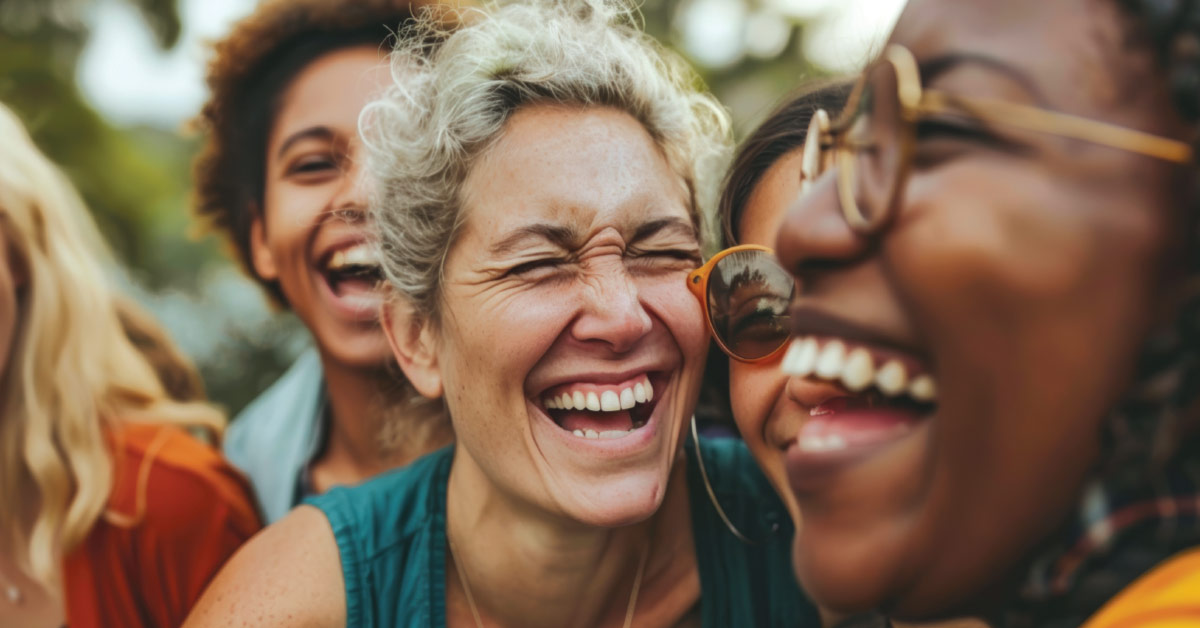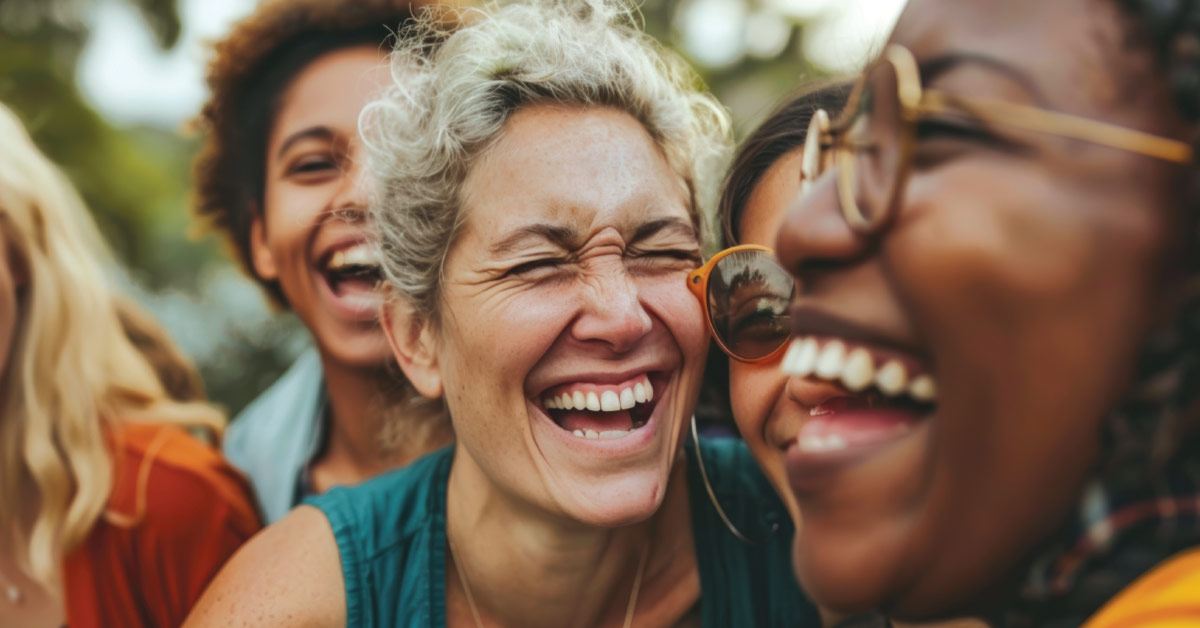When I was asked to write on the topic of identity, I thought I had gone through enough self-exploration that I could probably call on my personal experiences alone.
In college, I found myself when I found friends who accepted and helped bring out the real "me" whom I'd been tamping down in order to fit in. Shortly after, I spent a year dating only myself to connect with what I truly wanted for my future and for any relationship. Today, having spent 30-plus years with my partner, managing to maintain my own interests and sense of self, I'm living with incurable cancer—and that has set a whole new re-evaluation in motion.
But I'm just one person with one story. I knew I couldn't and shouldn't just present my path. So, for starters, I reached out to Lauren Dunkin, LMSW, a licensed master social worker with Mindful Counseling GR. It felt important to bring an expert into the conversation to put some professional perspective to my information gathering.
I then made phone calls, had private meetings, and exchanged emails and texts with numerous women who'd all been through something. And it was really, really eye opening.
There were those who'd been through a difficult breakup, the death of a spouse, caregiving for dying parents, the struggle to leave an abusive marriage, serving in the military and navigating life after, estrangement from a child, getting out from under the influence of a controlling mother, being declared legally blind at middle age. Heavy, earth-rocking stuff.
Each of these women shared with me openly and vulnerably, and to be trusted in this way isn't something I took lightly. As I processed their words, some themes rose to the top. The following are a few of the ways they took steps toward discovering (or re-discovering) their authentic selves, with input from Dunkin, too.
Developing a mission statement and core values. This exercise involves introspection and a commitment to exploring our purpose, passions, inclinations, and interests—and returning to those guideposts in times of uncertainty. "I like to ask my clients, 'Who are you?'" Dunkin said. "That question comes in the form of what we like to do, how we like to think, how we like to love and how we like to be loved. Identity also comes in the form of how we show up for others versus how we show up for ourselves."
Engaging in mindful self-compassion. Several women I talked with brought up this approach. Though hard to describe concisely, Chris Germer, co-founder of the concept sums it up: "Self-compassion involves the capacity to comfort and soothe ourselves, and to motivate ourselves with encouragement, when we suffer, fail or feel inadequate." A great resource to learn more about this practice is self-compassion.org.
Joining a group. The group focus could be on grief, other specific areas of support, or even just common interest. Finding others with whom we can share is important, as is delving deeply into what we earnestly need and enjoy—as well as how we can make progress, ask for help, and become stronger and more resilient in new or different circumstances.
Listening to ourselves. "We need to explore what we like to do and with whom we like to do it," Dunkin said. "It's also understanding that these likes and dislikes may change at every stage of our lives. It's OK to find new things we enjoy and it's OK to do things that scare us. So be patient and be kind with yourself. This is where growth happens; when we face the uncomfortable and continue to push forward."
Dunkin reminded us, "Part of understanding yourself is understanding that identity is a journey full of bumps, twists, and turns, with many different roads and paths you can take along the way. It's our willingness to navigate and explore these bumpy, unknown paths that allows us to find and grow our identity. It is our bravery to travel these paths that leads us to a better understanding of who we are and who we want to be."
A final note: One need not have a traumatic experience to undergo self-reflection and a search for self. This process will likely occur regularly in a person's life, during times of natural change and growth; not just crisis.
A special "thank you" to everyone who contributed to the conversation: Lauren, Michelle, Grace, Pat, Sue, Linda, Cari, Penny, Cecilia, and Jill Hinton Wolfe.
Allison Kay Bannister has been a West Michigan resident since 1987 and a professional writer since 2002. A GVSU alumna, she launched her own freelance writing business in 2017. Allison is a cookie connoisseur, word nerd, aspiring gardener, and metastatic breast cancer thriver who loves traveling in Michigan and beyond, and enjoys art, world cuisine, wine, music, and making homemade preserves.
This article originally appeared in the Feb/Mar '25 issue of West Michigan Woman.




